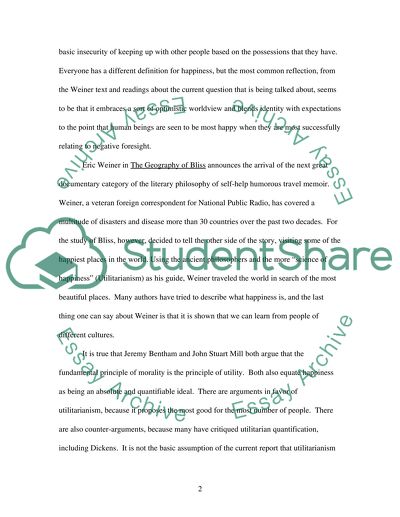Cite this document
(“The Equation of Happiness as a Quantifiable Element Research Paper”, n.d.)
The Equation of Happiness as a Quantifiable Element Research Paper. Retrieved from https://studentshare.org/literature/1569147-a-research-essay-evaluating-the-geography-of-bliss-by-eric-weiner
The Equation of Happiness as a Quantifiable Element Research Paper. Retrieved from https://studentshare.org/literature/1569147-a-research-essay-evaluating-the-geography-of-bliss-by-eric-weiner
(The Equation of Happiness As a Quantifiable Element Research Paper)
The Equation of Happiness As a Quantifiable Element Research Paper. https://studentshare.org/literature/1569147-a-research-essay-evaluating-the-geography-of-bliss-by-eric-weiner.
The Equation of Happiness As a Quantifiable Element Research Paper. https://studentshare.org/literature/1569147-a-research-essay-evaluating-the-geography-of-bliss-by-eric-weiner.
“The Equation of Happiness As a Quantifiable Element Research Paper”, n.d. https://studentshare.org/literature/1569147-a-research-essay-evaluating-the-geography-of-bliss-by-eric-weiner.


